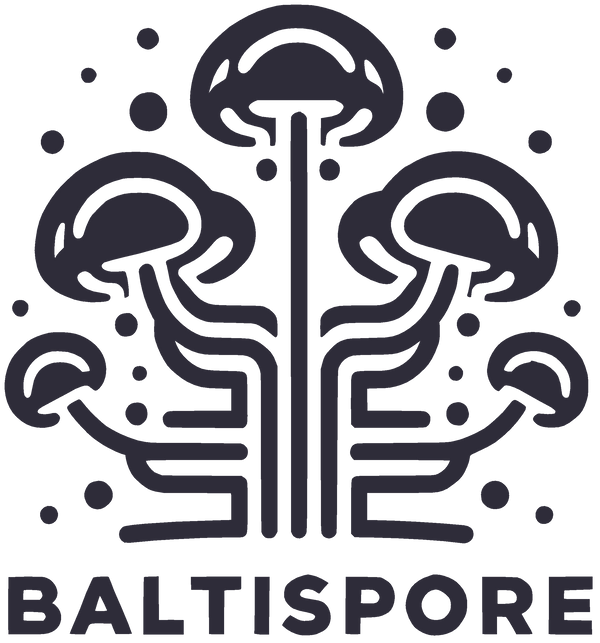In the vast world of medicinal mushrooms, Turkey Tail, scientifically known as Trametes versicolor, stands out for its potential role in cancer therapy. This humble fungus, easily recognized by its colorful, fan-shaped growth, has been the subject of numerous scientific studies for its immunomodulating properties. This blog delves into the promising research suggesting that Turkey Tail mushrooms could be a valuable adjuvant in cancer treatment.
What Makes Turkey Tail Special?
Turkey Tail mushrooms contain two critical polysaccharides – Polysaccharide K (PSK) and Polysaccharide-Peptide (PSP). Both compounds have demonstrated significant immune-boosting effects. PSK, in particular, has been extensively studied in Japan and is officially approved as a cancer treatment adjuvant in the country[1].
Turkey Tail in Cancer Research:
1. Boosting Immune Response:
Research has shown that Turkey Tail mushrooms can enhance the immune response, particularly in patients undergoing chemotherapy. PSK appears to boost the production of white blood cells (leukocytes), vital for fighting off cancer cells[2].
2. Improving Survival Rates:
Several studies have found that adding PSK to conventional cancer treatments can improve survival rates, especially in patients with gastric, colorectal, and breast cancers. A study published in "Cancer Immunology, Immunotherapy" reported that PSK extended survival rates when used alongside surgery and chemotherapy[3].
3. Potential in Lung Cancer Treatment:
A study in "Clinical Lung Cancer" found that PSP, another compound in Turkey Tail, could potentially improve the efficacy of certain chemotherapy drugs when treating non-small cell lung cancer[4].
Incorporating Turkey Tail into Cancer Care:
While Turkey Tail mushrooms show promise in cancer care, they are not a standalone cure but a complementary therapy. They are often used alongside conventional cancer treatments to boost the immune system and potentially improve outcomes. As always, it's crucial for patients to consult with their healthcare providers before adding any supplement to their treatment regimen.
Conclusion:
The scientific community continues to explore the potential of Turkey Tail mushrooms in cancer therapy. Their ability to enhance the immune response and improve survival rates makes them a promising adjuvant in the fight against cancer. For those interested in a more holistic approach to cancer treatment, Turkey Tail mushrooms could be a valuable addition to their therapy toolkit.
References:
1. Sakagami, H., & Aoki, T. (1991). Anticancer activity of Turkey Tail extract (PSK) in Japan. Anticancer Research. https://www.ncbi.nlm.nih.gov/books/NBK401261/
2. Fisher, M., & Yang, L. X. (2002). Anticancer effects and mechanisms of polysaccharide-K (PSK): Implications of cancer immunotherapy. Anticancer Research. https://pubmed.ncbi.nlm.nih.gov/12168863/
3. Ohwada, S., Ikeya, T., Yokomori, T., & Kusaba, T. (2004). Adjuvant immunochemotherapy with oral Tegafur/Uracil plus PSK in patients with stage II or III colorectal cancer: A randomised controlled study. Cancer Immunology, Immunotherapy. https://www.ncbi.nlm.nih.gov/pmc/articles/PMC2409633/
4. Tsang, K. W., Lam, C. L., Yan, C., Mak, J. C., Ooi, G. C., Ho, J. C., & Lam, B. (2003). Coriolus versicolor polysaccharide peptide slows progression of advanced non-small cell lung cancer. Clinical Lung Cancer. https://pubmed.ncbi.nlm.nih.gov/12814145/
Please consult a healthcare provider for advice tailored to your individual circumstances.

